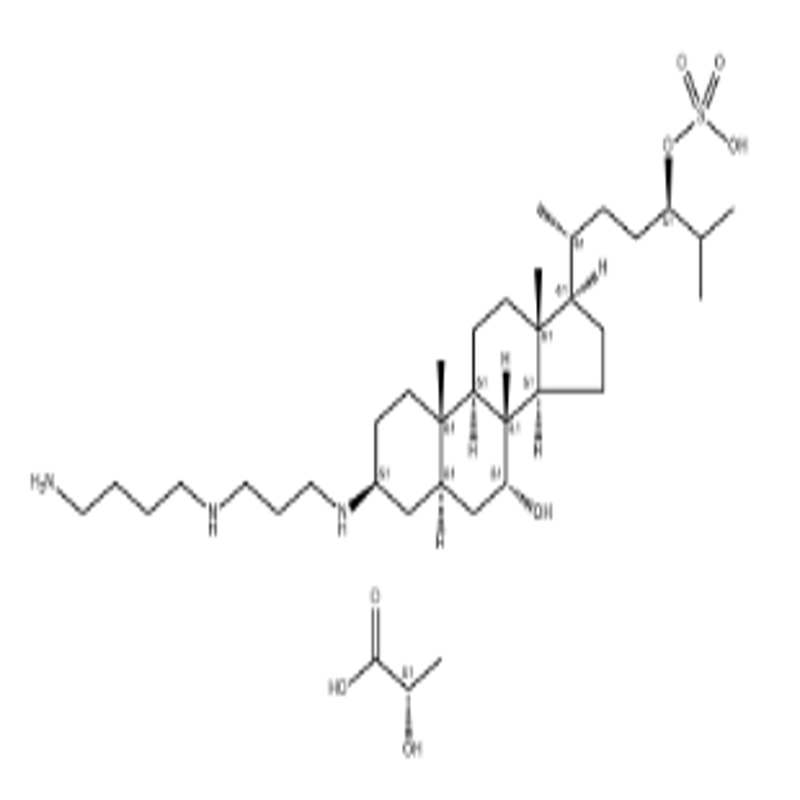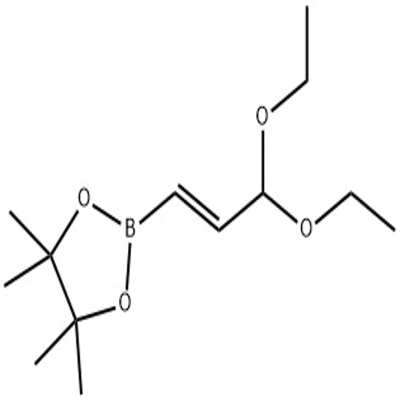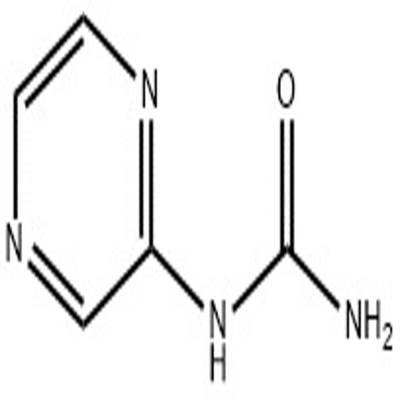New discovery! "Junk DNA" may affect the risk of cancer
-
Last Update: 2019-12-11
-
Source: Internet
-
Author: User
Search more information of high quality chemicals, good prices and reliable suppliers, visit
www.echemi.com
Recently, in a research report published in the international journal British Journal of cancer, scientists from Chen Zengxi School of public health and other institutions of Harvard University found that a person's risk of cancer may be affected by genetic changes in junk DNA regions, which do not encode proteins Photo source: cc0 public domain The researchers point out that genetic cancer risk is not only affected by mutations in key cancer genes (oncogenes and tumor suppressor genes), but also by specific DNA mutations that control the expression of genes that drive the disease In the article, the researchers explain why some people have cancer, some people don't have cancer, understand that noncoding DNA affects the process of disease occurrence or may one day help improve the genetic screening of cancer risk in the population, at the same time help develop new prevention strategies, or help clinicians diagnose and successfully treat patients as early as possible The researchers looked at 846 genetic changes in noncoding regions of DNA that the researchers had previously identified as affecting the body's risk of cancer These single nucleotide polymorphisms (SNPs) are special loci in the human genome The inheritance among different populations is not the same Unlike mutations in coding DNA (such as BRCA gene), they are very rare, but significantly increase the risk of cancer in individuals Non coding SNPs are relatively common in the population, which slightly increases the risk of cancer The researchers analyzed whether there was a relationship between the presence of specific SNPs in an individual's body and the expression of specific genes Their team investigated more than 6 million genetic mutations in 13 different tissues of the body The results showed that mutations in the DNA regions that regulate oncogenes and tumor suppressor genes may affect the risk of cancer in the body, and the SNPs of these cancer risks tend to be located in the same place The key areas that regulate the immune system and tissue-specific processes of the body emphasize the importance of these cellular processes in carcinogenesis Professor John Quackenbush, the researcher, said: 'we are surprised that these results have never been reported before Our research results show that small genetic mutations can work together to subtly change the activity of carcinogenic genes This method is expected to help save lives in the future by helping to identify people at risk and patients at risk of complex diseases In the next step, researchers will develop a new AI model to help predict the risk of cancer in the population The purpose of the researchers is to identify "control centers" that can regulate the expression of multiple genes related to cancer occurrence, so as to help develop new targeted therapies Finally, the researchers said that small genetic changes usually only have a weak impact on cancer risk The number of mutations analyzed in this study is large and common in the population, which may help to explain some differences and changes in cancer incidence between individuals and families, and these changes may not be only through well-known cancer risk genes or life Methods and other factors.
This article is an English version of an article which is originally in the Chinese language on echemi.com and is provided for information purposes only.
This website makes no representation or warranty of any kind, either expressed or implied, as to the accuracy, completeness ownership or reliability of
the article or any translations thereof. If you have any concerns or complaints relating to the article, please send an email, providing a detailed
description of the concern or complaint, to
service@echemi.com. A staff member will contact you within 5 working days. Once verified, infringing content
will be removed immediately.







